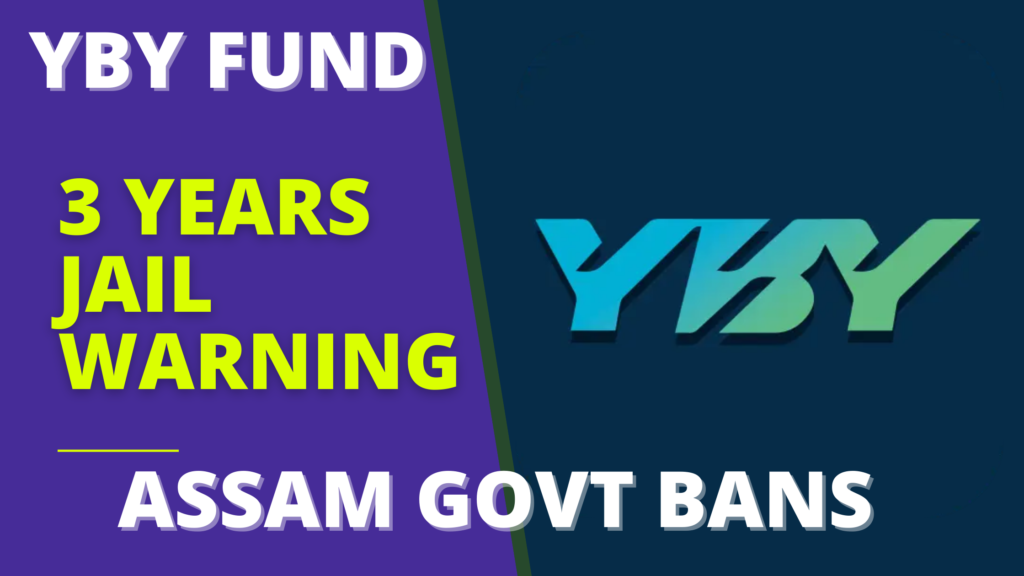Real estate investing has long been a favored method of building wealth and generating passive income. With multiple avenues to explore, you can choose to invest in physical rental properties or take a more hands-off approach through real estate crowdfunding. This guide will help you decide which path aligns with your financial goals and risk tolerance, and provide you with the key steps to get started.
Why Invest in Real Estate?
- Passive Income: Real estate investments, especially rental properties, generate consistent cash flow in the form of monthly rent.
- Appreciation: Over time, property values typically increase, allowing investors to profit from the sale of their properties in the future.
- Diversification: Real estate offers diversification, balancing out a portfolio primarily consisting of stocks or bonds.
- Leverage: Unlike other investments, real estate allows you to use leverage—borrowing money to invest, while controlling the full property’s value with a small down payment.
- Tax Benefits: Real estate investors can take advantage of various tax deductions, including depreciation, mortgage interest, and property management expenses.
Option 1: Buying Rental Properties
Owning rental properties involves purchasing physical real estate with the intent of renting it out to tenants. This method can generate steady monthly income, but it requires more hands-on management.
Steps to Buy Rental Properties
- Set Your Investment Goals
- Are you looking for short-term cash flow or long-term appreciation?
- Do you want to focus on residential properties (single-family homes, duplexes) or commercial real estate (offices, retail spaces)? Clear goals will determine the type of property and location to invest in.
- Choose the Right Location
- Neighborhood: Focus on areas with strong rental demand, good schools, and proximity to job centers. Neighborhood safety and amenities like shopping and parks are also important factors.
- Market Trends: Look at local real estate trends. Is the area growing in population, and are property values increasing? Research employment rates, economic development, and future infrastructure projects.
- Rental Demand: Ensure the area has a strong rental market by looking at vacancy rates and average rent prices. Areas with universities, hospitals, or tech hubs often have consistent demand for rentals.
- Evaluate the Property
- Cash Flow Potential: Calculate how much rent the property can generate versus the expenses. Expenses include the mortgage, property taxes, insurance, maintenance, and management fees.
- The 1% Rule: As a quick rule of thumb, aim for a property where the monthly rent is at least 1% of the purchase price. For example, if a property costs $200,000, it should generate at least $2,000 in rent per month.
- Property Condition: Get a home inspection to identify potential repair costs. Older properties may have lower upfront costs but could require more maintenance.
- Financing the Property
- Conventional Mortgage: Most investors use a traditional mortgage to finance rental properties, requiring a down payment (typically 20–25%) and good credit.
- Cash Purchase: If you have enough funds, buying property in cash eliminates mortgage payments and increases monthly cash flow.
- Real Estate Investment Loans: Investors may also seek out specialized loans like portfolio loans or commercial loans, which allow for more flexibility in buying multiple properties.
- Property Management
- Self-Management: Some investors prefer to manage their properties themselves to save on fees. This includes finding tenants, handling maintenance, and dealing with rent collection.
- Property Management Companies: For a hands-off approach, hire a property management company to handle tenant screening, repairs, and daily operations. They usually charge around 8–12% of monthly rental income.
- Legal and Insurance Protection
- Landlord Insurance: This provides coverage for damage to the property, liability protection, and loss of rental income in case of damages.
- Legal Considerations: Make sure to comply with local landlord-tenant laws, and consider setting up an LLC to limit your personal liability.
Advantages of Rental Properties
- Steady Income: Monthly rent provides consistent cash flow.
- Appreciation Potential: Over time, the property value is likely to increase.
- Leverage: Using financing allows you to control a large asset with a smaller down payment.
- Tax Deductions: You can write off expenses like mortgage interest, repairs, and property management fees.
Risks of Rental Properties
- Active Management: Managing tenants and maintenance can be time-consuming, even if you hire a property manager.
- Vacancies: Extended vacancies can eat into your cash flow and increase your financial burden.
- Market Risk: Property values can decline, especially in economic downturns, impacting both cash flow and appreciation potential.
Option 2: Real Estate Crowdfunding
Real estate crowdfunding is a way to invest in real estate projects or properties through online platforms. This allows investors to pool their money together to invest in large-scale properties or developments, even with a small amount of capital.
How Real Estate Crowdfunding Works
- Choose a Platform
- There are several online crowdfunding platforms, such as Fundrise, RealtyMogul, and CrowdStreet. These platforms allow you to invest in different types of real estate, such as commercial buildings, apartment complexes, or development projects.
- Platforms often offer a variety of investment opportunities, from residential to commercial properties across various geographic locations.
- Determine Your Investment Type
- Equity Investments: You invest in part of the property and earn income from rental payments or a share of the profits when the property is sold. This typically has higher potential returns but also higher risk.
- Debt Investments: You invest in loans secured by real estate and receive interest payments from borrowers. Debt investments are generally lower risk, but returns are usually lower than equity investments.
- Invest in a Project
- Most crowdfunding platforms allow you to browse different investment opportunities, providing details such as projected returns, property type, location, and risk levels.
- Minimum investment amounts can range from as little as $500 to $10,000 or more, depending on the platform and project.
- Receive Passive Income
- Once you invest, you receive regular income distributions, usually from rental income or interest payments. The frequency of payouts depends on the project, ranging from monthly to quarterly.
Advantages of Real Estate Crowdfunding
- Low Barrier to Entry: You can invest in large-scale real estate projects with much less capital than buying a rental property outright.
- Diversification: With crowdfunding, you can spread your investment across multiple projects, property types, and locations.
- Hands-Off Investing: You don’t need to worry about managing properties or tenants. The platform and its partners handle the management.
- Access to Larger Deals: Crowdfunding allows you to invest in large properties or developments that would typically be out of reach for individual investors.
Risks of Real Estate Crowdfunding
- Illiquidity: Real estate crowdfunding investments are usually long-term and can be illiquid. You may not be able to sell or withdraw your investment easily.
- Platform Risk: Crowdfunding platforms can go out of business, leaving investors with limited recourse.
- Market Risk: Like any real estate investment, the value of the property could decline, affecting your returns.
Which Strategy is Right for You?
Rental Properties are ideal if:
- You prefer more control over your investments.
- You want steady monthly income and are willing to manage or hire someone to manage the property.
- You have enough capital for a down payment and are comfortable with the responsibilities of property ownership.
Real Estate Crowdfunding is ideal if:
- You want a hands-off investment approach.
- You have limited capital but still want to invest in real estate.
- You prefer to diversify across multiple projects and property types.
Final Thoughts
Whether you choose to invest in rental properties or participate in real estate crowdfunding, both strategies offer excellent ways to build wealth and generate passive income. Rental properties provide more control and consistent cash flow but require active management. Crowdfunding, on the other hand, allows you to invest in real estate with less money and effort, though it comes with liquidity risks.
Consider your financial goals, risk tolerance, and time commitment before deciding which strategy is right for you. With a clear plan and thoughtful execution, real estate can be a powerful component of your investment portfolio.









